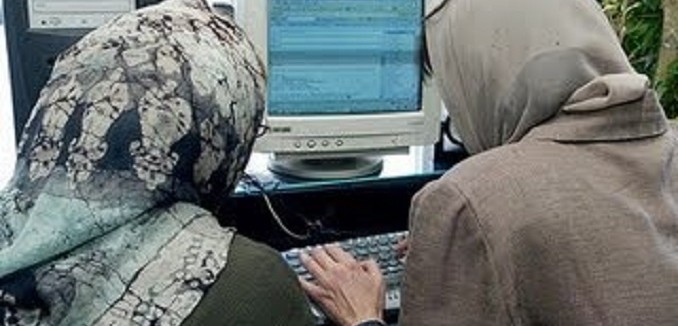New revelations are shedding light on the methods Iran is using to create a “halal Internet,” cleansed of material that the regime finds objectionable.
University of Michigan computer science professor Alex Halderman has teamed up with two anonymous Iranians to conduct one of the first systematic studies of the scope of the Islamic republic’s censorship efforts. It is… ambitious:
What gets censored? To find out, the researchers attempted to visit the sites on Alexa’s top 500 lists in various categories. Almost half of the 500 most popular sites on the Internet are censored. Unsurprisingly, the theocratic Iranian regime censors pornographic Web sites most heavily. But a high percentage of sites in the “art,” “society,” and “news” categories are also blocked…
The Iranian Internet is also configured to discourage the use of certain encrypted protocols. Web traffic is allowed through at full speed. Traffic that uses the encrypted SSH protocol, which can be used to “tunnel” other types of traffic out of the country, run at less than 20 percent of the network’s full speed. Traffic the Iranian firewall doesn’t recognize is throttled even more dramatically, and gets cut off altogether after about 60 seconds.
To help weed out websites and content of which it disapproves, Iran’s government has also set a speed limit of 128 kbps per user. The cap limits Iranian Internet users to roughly the speed of the old dial-up modems.
Last year Supreme Leader Ali Khamenei set up a government authority to monitor the Internet, dubbed the Supreme Council of Virtual Space. All websites must be registered with the Ministry of Culture and Islamic Guidance. Reporters Without Borders has included Iran on its list of a dozen regimes it deems “Enemies of the Internet.”
In a practice that has generated controversy in the West, Iran uses content-control software developed by U.S. companies. The regime is known to use packages from, among others, the San Jose-based startup SmartFilter. The Silicon Valley firm insists that Iranian authorities are using their software without a license.
U.S. authorities are also increasing pressure on Tehran to free up its cyberspace. Following Iran’s fraudulent 2009 elections, the U.S. Senate passed the Victims of Iranian Censorship Act – VOICE – allocating $50 million to funding anti-censorship activities in Iran.
[Photo: The Young Turks / YouTube]




